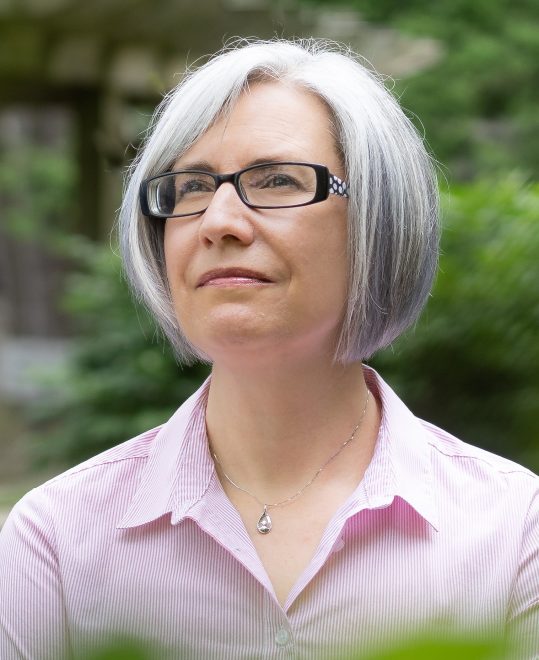Climate change raises critical issues for urban health and health equity. Increasingly, the world’s population lives in cities, where social and structural conditions create deeply inequitable exposures. Cities create specific health risks: densely built urban environments intensify the heat risks associated with climate change and expose individuals and communities to toxic air pollutants.
As well, density brings opportunities for building resilience with health co-benefits, such as low carbon mobility, fostering social cohesion, and enhancing access to resources. Adaptation must account for local realities, and pursue resilience in community-led and equity-targeted ways. Communities and city authorities must avoid maladaptation, and find ways to reduce the large GHG emissions for which cities are responsible.
The pressing need for equitable, community-centred, urban climate resilience, and the expertise and commitments of our members and partners, makes this a critical research priority.

Stephen Hwang

Susan A. Deering

Sara Allin

Fiona A. Miller
Director, Collaborative Centre for Climate, Health & Sustainable Care, Director, CASCADES University of Toronto
Partners & Initiatives
Initiatives
- The Potential of Primary Care in Climate Resilience
- Urban Futures & Community Climate Resilience
- The CERC Network for Equity in Sustainability Transitions
- Care & Climate Change
If you have an initiative that aligns with this research cluster, you can submit it to this form:
Reach out if you are interested in partnering with us on this research cluster:
Partners
Led by Dr. Stephen Hwang, Temerty Medicine, MAP is Canada’s largest research centre focused on health equity and the social determinants of health. The MAP team of scientists focuses on program and policy interventions to advance health equity. The equity implications of climate change in urban environments means that MAP scientists are increasingly interested in climate resilience.

Led by Dr. Jeff Brook, Dalla Lana Public Health, CIHR-funded CANUE collates and distributes geospatial data to describe the complex set of environmental factors– including air pollution, access to green or blue spaces, opportunities for walking and cycling, the amount of noise and light pollution as well as sociodemographic data – that people are exposed to across Canada. By partnering with Canada’s largest cohort and health databases, CANUE is building the capacity to study how multiple environmental factors are linked to a wide range of health outcomes.
